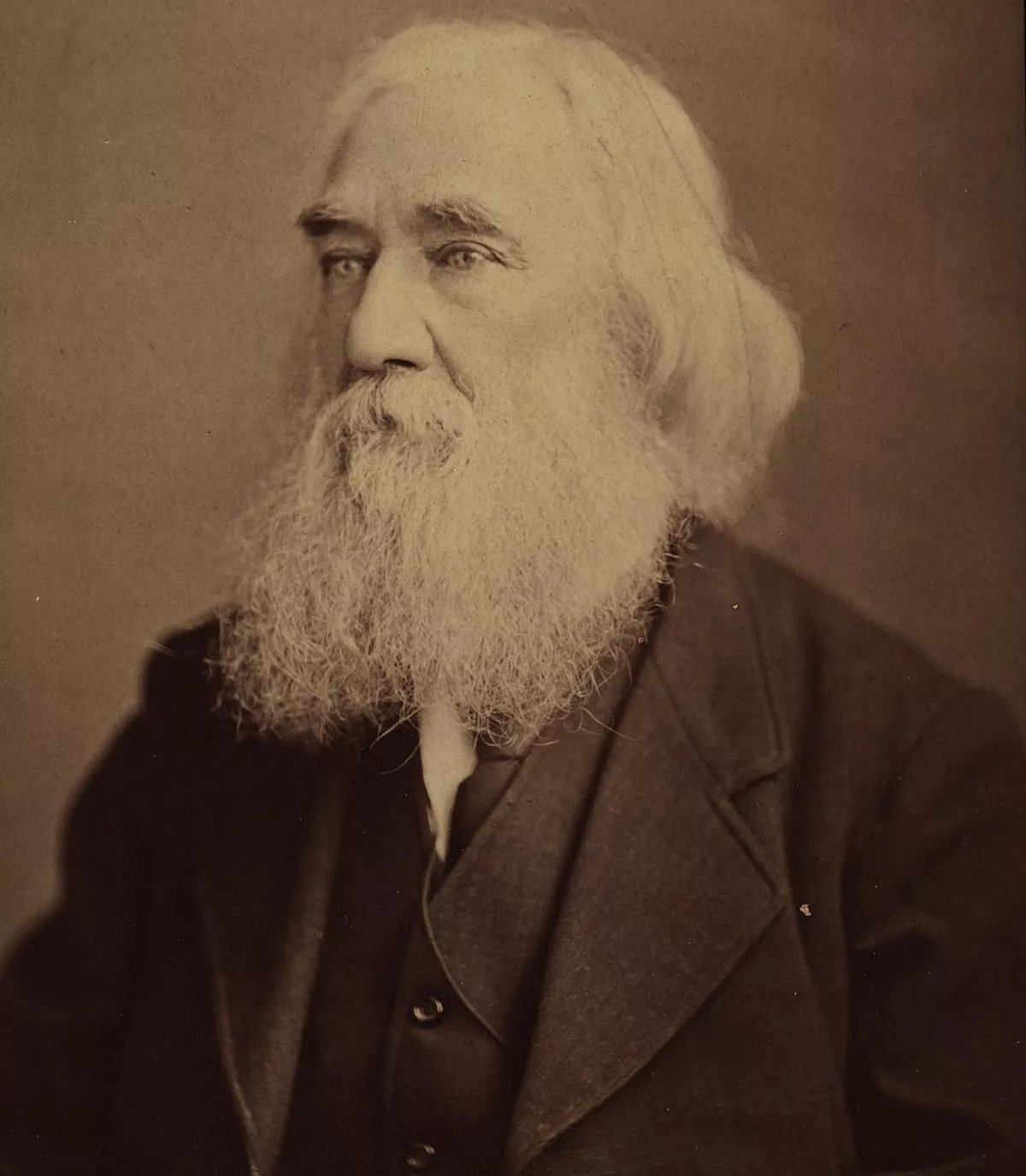 1.
1. Lysander Spooner was an American abolitionist, entrepreneur, lawyer, essayist, natural rights legal theorist, pamphletist, political philosopher, and writer often associated with the Boston anarchist tradition.

 1.
1. Lysander Spooner was an American abolitionist, entrepreneur, lawyer, essayist, natural rights legal theorist, pamphletist, political philosopher, and writer often associated with the Boston anarchist tradition.
Lysander Spooner's writings contributed to the development of both left-libertarian and right-libertarian political theory.
Lysander Spooner's writings include the abolitionist book The Unconstitutionality of Slavery and No Treason: The Constitution of No Authority, which opposed treason charges against secessionists.
Lysander Spooner is known for establishing the American Letter Mail Company, which competed with the United States Postal Service.
Lysander Spooner was born on a farm in Athol, Massachusetts, on January 19,1808.
One of his ancestors, William Lysander Spooner, arrived in Plymouth in 1637.
Lysander Spooner's father was a deist and it has been speculated that he purposely named his two older sons Leander and Lysander after pagan and Spartan heroes, respectively.
Lysander Spooner's activism began with his career as a lawyer, which itself violated Massachusetts law.
Lysander Spooner had studied law under the prominent lawyers, politicians and abolitionists John Davis, later Governor of Massachusetts and Senator; and Charles Allen, state senator and Representative from the Free Soil Party.
Lysander Spooner regarded three-year privilege for college graduates as a state-sponsored discrimination against the poor and providing a monopoly income to those who met the requirements.
Lysander Spooner argued that "no one has yet ever dared advocate, in direct terms, so monstrous a principle as that the rich ought to be protected by law from the competition of the poor".
Lysander Spooner attained his highest profile as a figure in the abolitionist movement.
Lysander Spooner challenged the claim that the text of the Constitution permitted slavery.
Lysander Spooner used a complex system of legal and natural law arguments to show that the Constitutional clauses usually interpreted as adopting or at least accepting implicitly the practice of slavery did not in fact support it, despite the open tolerance of human servitude under the original Constitution of 1789; even though those interpretations would only be superseded by the amendments to the Constitution passed after the American Civil War, viz.
Lysander Spooner viewed the Northern states as trying to deny the Southerners through military force.
Lysander Spooner defended the Millerites, who stopped working because they believed the world would soon end and were arrested for vagrancy.
Lysander Spooner died on May 14,1887, at the age of 79 in his nearby residence at 109 Myrtle Street, Boston.
Lysander Spooner argued that the national Congress should dissolve and let citizens rule themselves as he held that individuals should make their own fates.
Justice Antonin Scalia, writing for the court, quotes Lysander Spooner as saying the right to bear arms was necessary for those who wanted to take a stand against slavery.